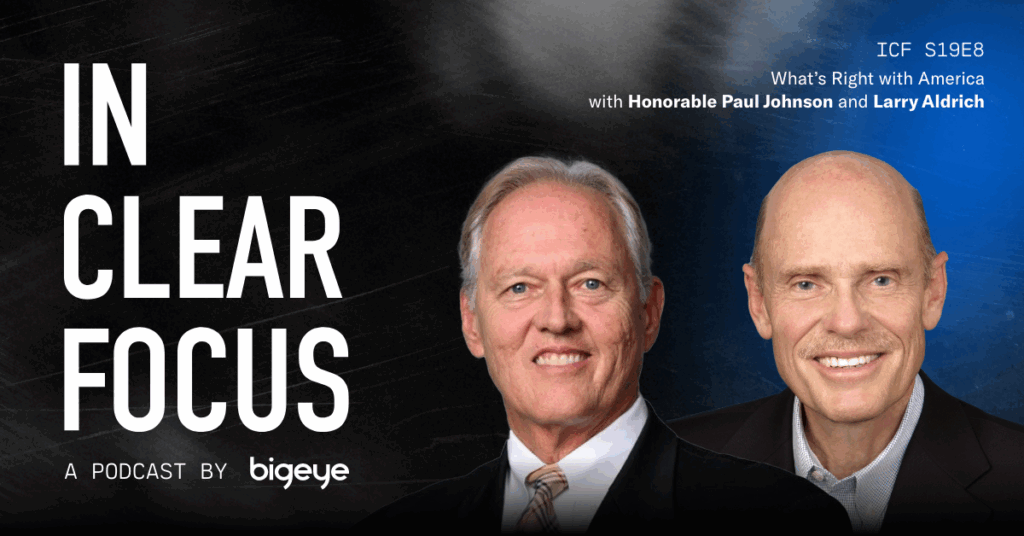Brand messaging is critical to the health of your business. Here’s a closer look at some of the most commonly asked questions about the subject.
Every business owner wants to build deep, long-lasting relationships with customers. Brand messaging is the mechanism by which this is accomplished. Every communication an enterprise engages in should be done with proper brand messaging in mind.
When done right, it inspires, informs, persuades and catalyzes audiences. When done poorly, it can do serious reputational harm.
Now that we’ve understood the stakes involved, let’s take a closer look at some of the most common questions business owners have about brand messaging.
Brand Messaging FAQ
1. I’m a brand messaging neophyte — can you explain what it means in two sentences?
Sure. Brand messaging is the language, voice, tone, and ideas that a business uses to convey its core value proposition and company values.
2. Can you give me an example?
Absolutely. The classic Nike slogan “Just Do It” is a famous example of potent brand messaging. It distills the company’s ethos into three unforgettable words.
3. What are the qualities that make brand messaging effective?
The same qualities that make interpersonal communication effective, for the most part. Great brand messaging resonates with audiences and builds a connection. It inspires, catalyzes audiences into action and engenders a sense of personal identification with the brand. It’s how lifestyle brands are created and lifelong customers are made.
4. What happens when brand messaging goes wide of the mark?
If you’re lucky, audiences simply won’t respond to it. In situations where brands badly misjudge their voice or misunderstand their audience, poor brand messaging can alienate people, anger them, and turn them into another brand’s loyal customers.
5. So how does one create effective brand messaging?
Here’s where things get a bit more challenging. First, brands need to identify and segment their audience. If you don’t know who you’re selling to, you’re just throwing darts in the dark. Do research, identify your audience, and query them. What motivates them? What matters to them? How do they engage with brands? By understanding the answers to these questions, brands can then draw a line between their customers’ motivations and their own products and services, their values, and their unique value proposition.
6.What else is important?
One word: Differentiation. When you’re developing a brand messaging strategy, it’s natural to review what your competitors are doing. After all, you’re targeting the same audience, so there should be some overlap between your messaging strategy. That said, it’s critical to differentiate your product or service. Sometimes you can accomplish this through features or innovations, but in many industries, it’s the branding itself that is the primary differentiator. So while you want your messaging to be informed by what your competitors are doing, you don’t want to follow what they are doing. Develop your own unique, differentiated voice and message.
7. Any other tips?
Yes. Consumers are inundated by advertising and marketing messages, so it’s important to develop language and themes that stand out. Seek to be compelling and memorable, rather than aiming for a bland, middle of the road voice designed to appeal to the broadest possible demographic. It’s also critically important to be clear and concise — audiences will disengage immediately if you’re sending confusing messages. Place the audience at the center of the story and explain to them exactly what your brand can do for them. Make sure that your messaging comes through in every bit of content or communication you author, and always ensure your brand speaks in a unified and consistent voice.
Finding the Right Brand Messaging Agency
At BIGEYE, we’re experts when it comes to resonant brand messaging. Whether you’re looking for an innovative approach to brand video or new, tech-forward ways to reach your desired audiences, we can help.
Contact us today to learn more about what a sophisticated brand messaging strategy can do for your firm.



